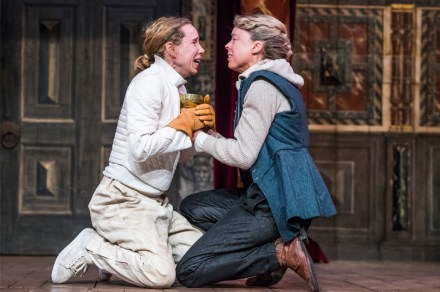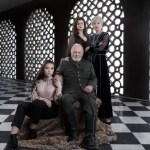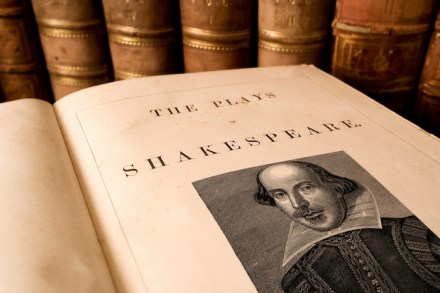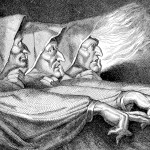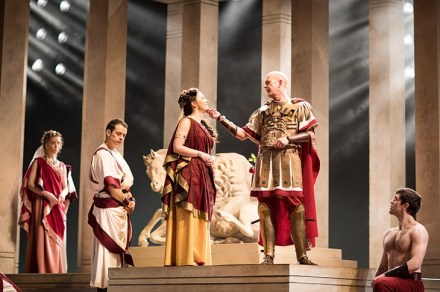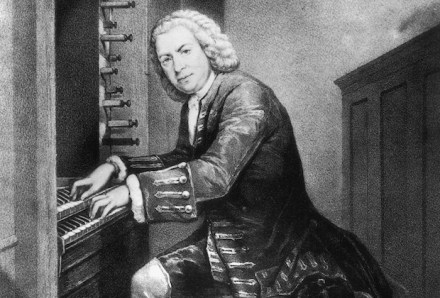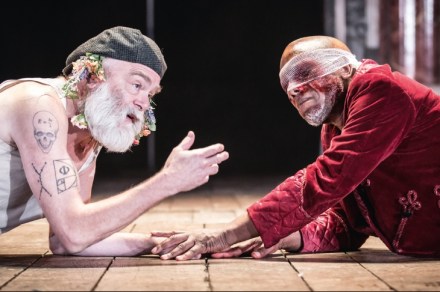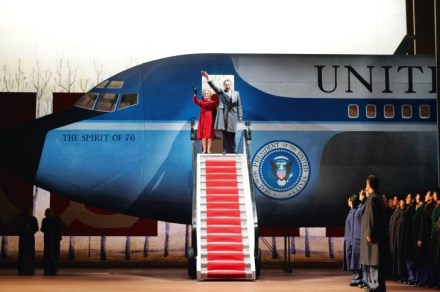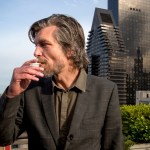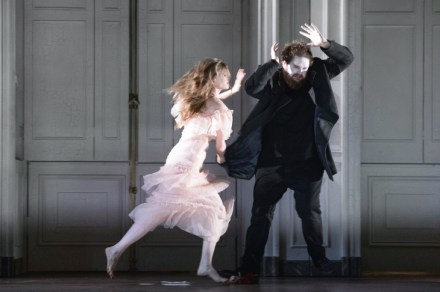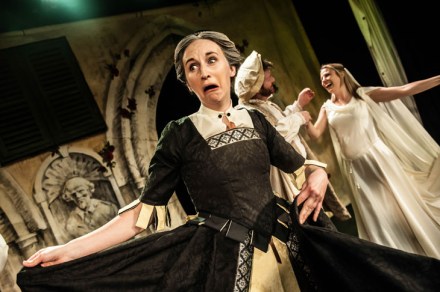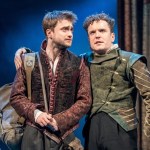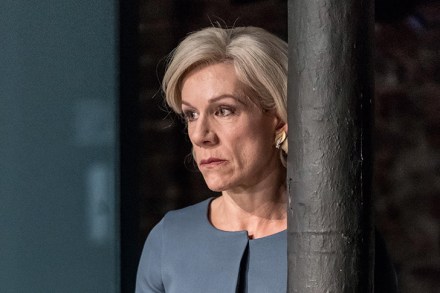Return to gender
Regime change at the Globe. The new boss, Michelle Terry, wants a 50/50 ratio of males to females in each production. Rather eccentric. Why cast a drama to reflect the distribution of sexual organs across the general populace? Imagine hiring an orchestra to represent the ratio of citizens who can play an instrument. And didn’t the process of examining actor’s genitals at auditions land Harvey Weinstein in a spot of bother? Ms Terry’s gender fixation is called, curiously enough, ‘gender-blind casting’. She inaugurates her reign at the Globe by offering us a production of Hamlet in which, perhaps with a nod to gender-blind casting, she plays the lead. No one
